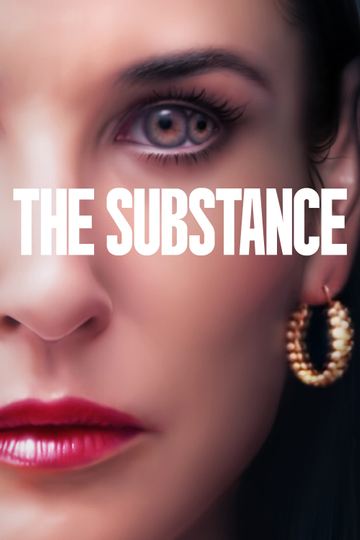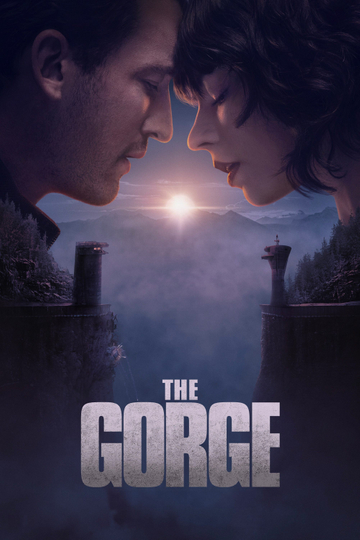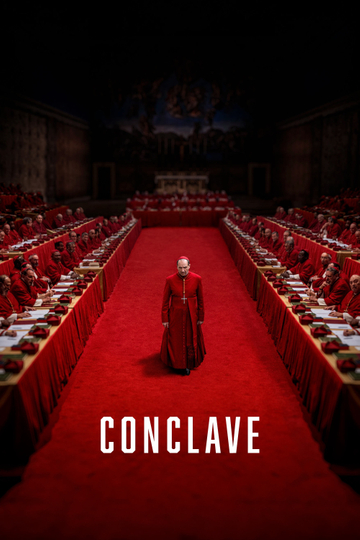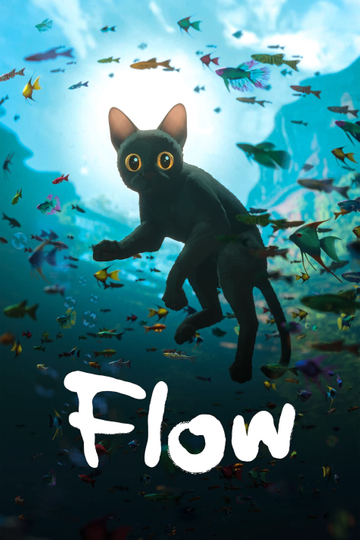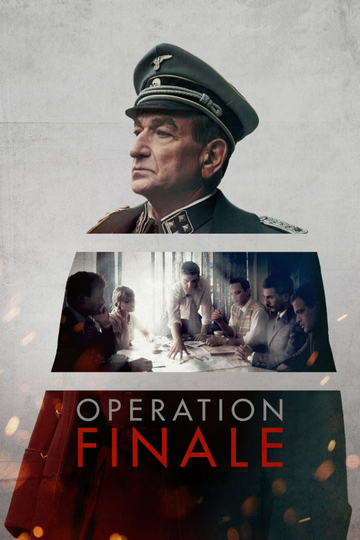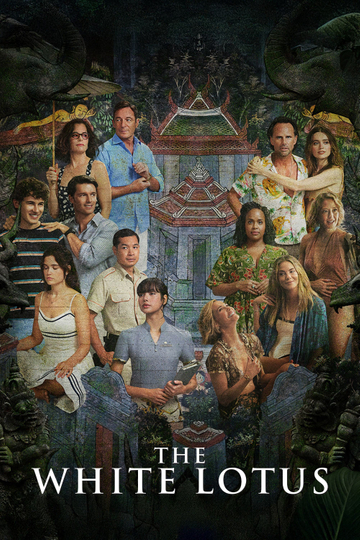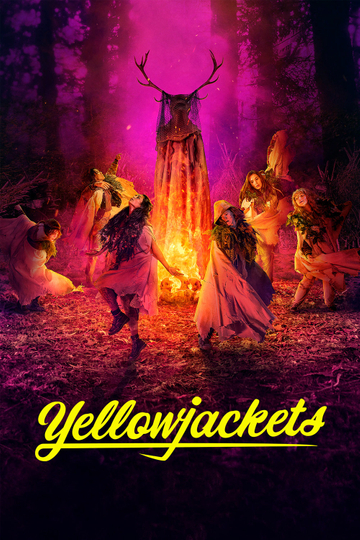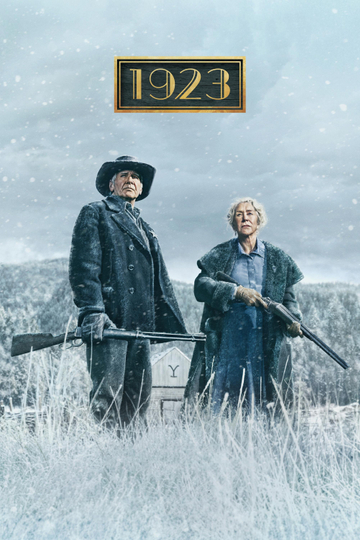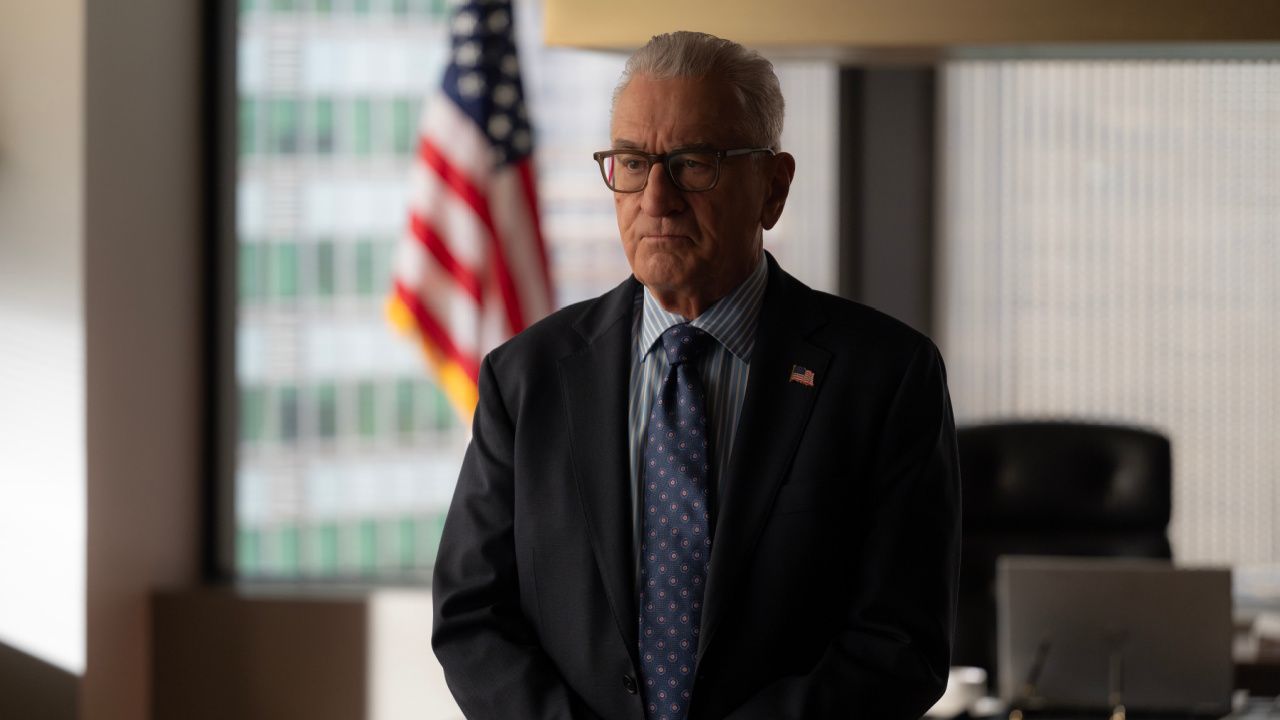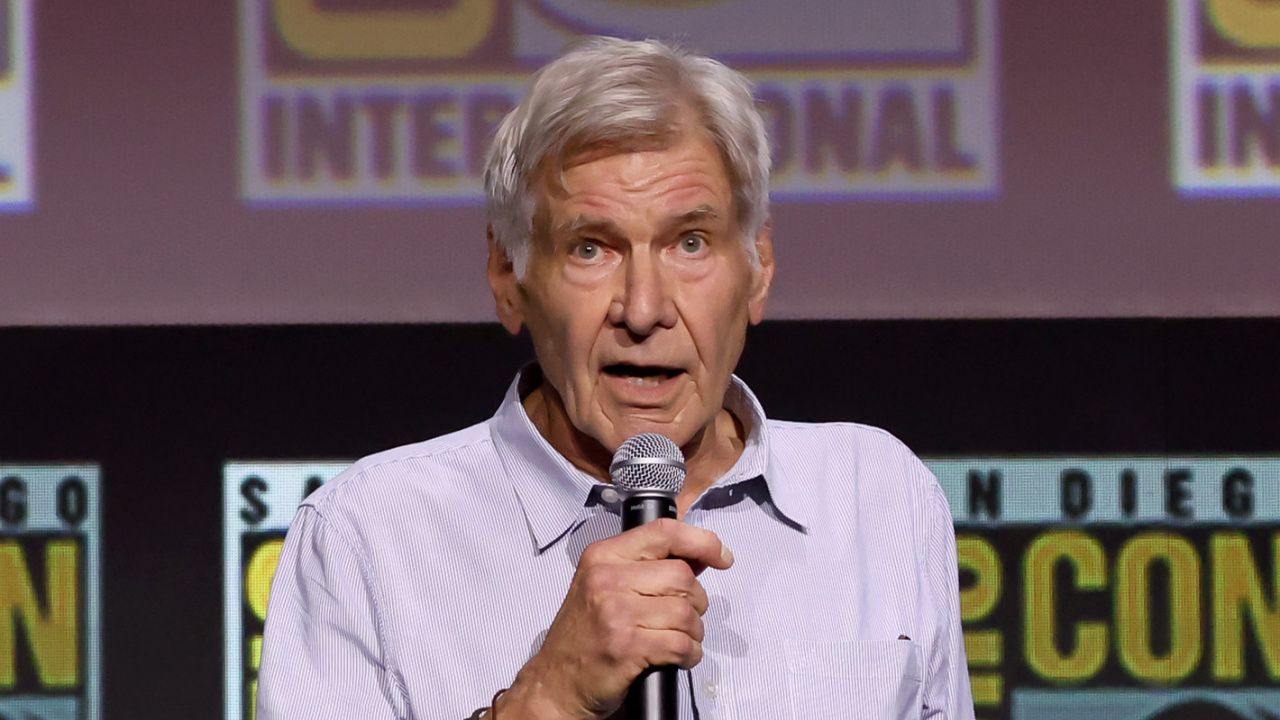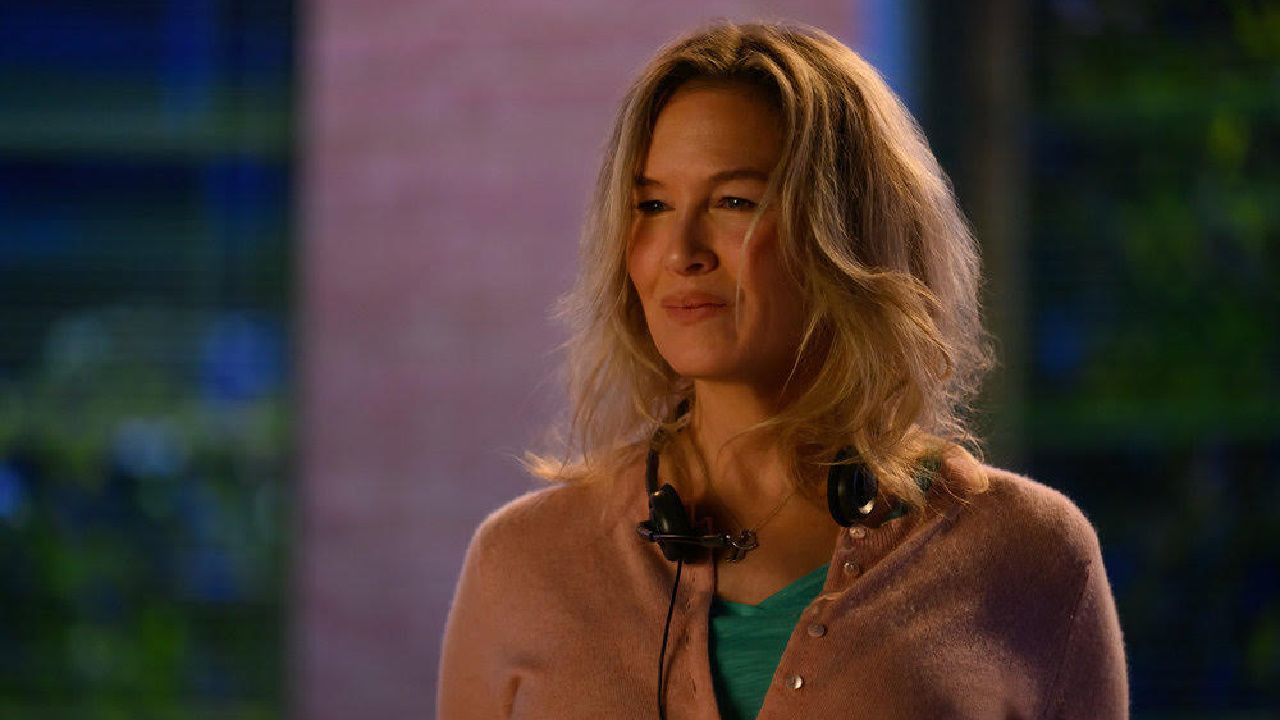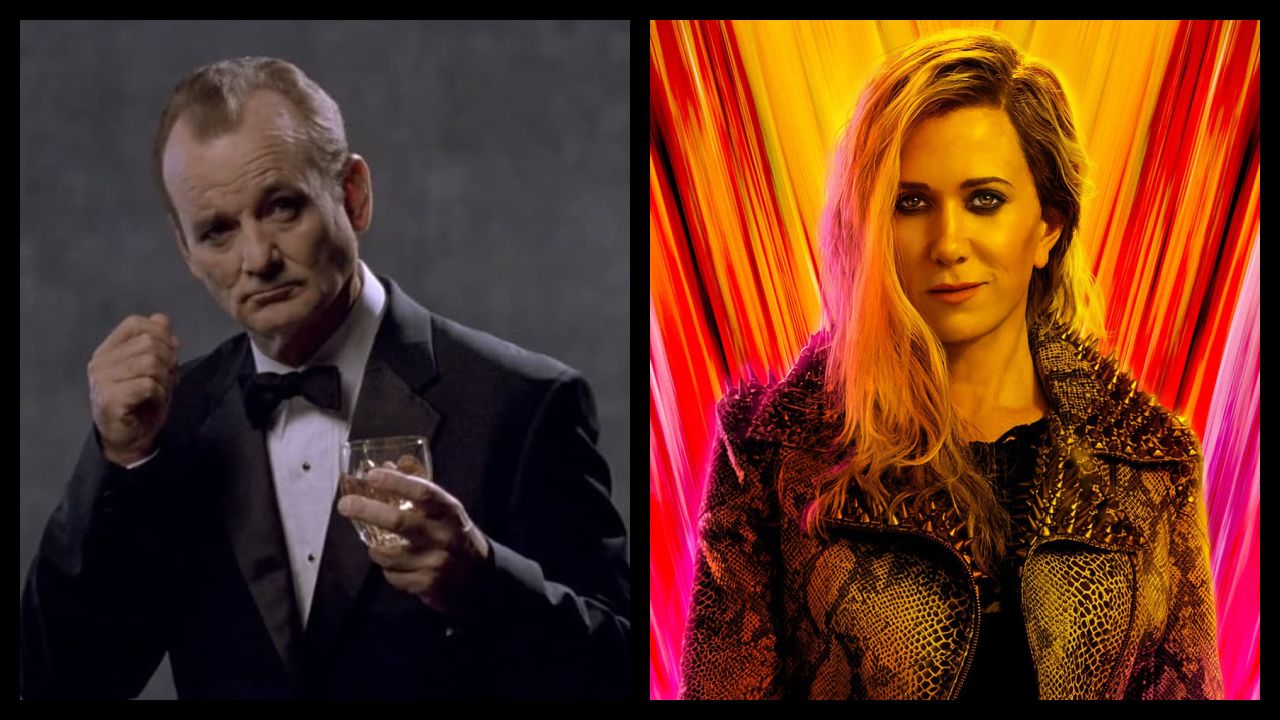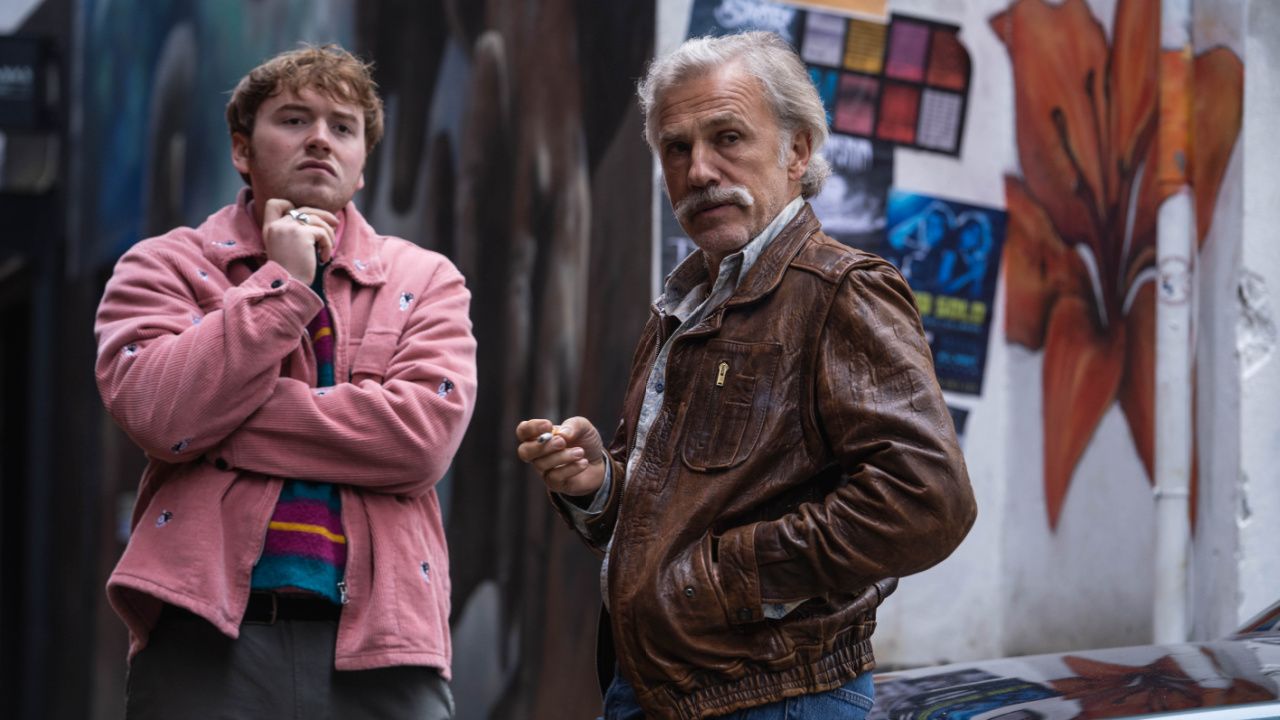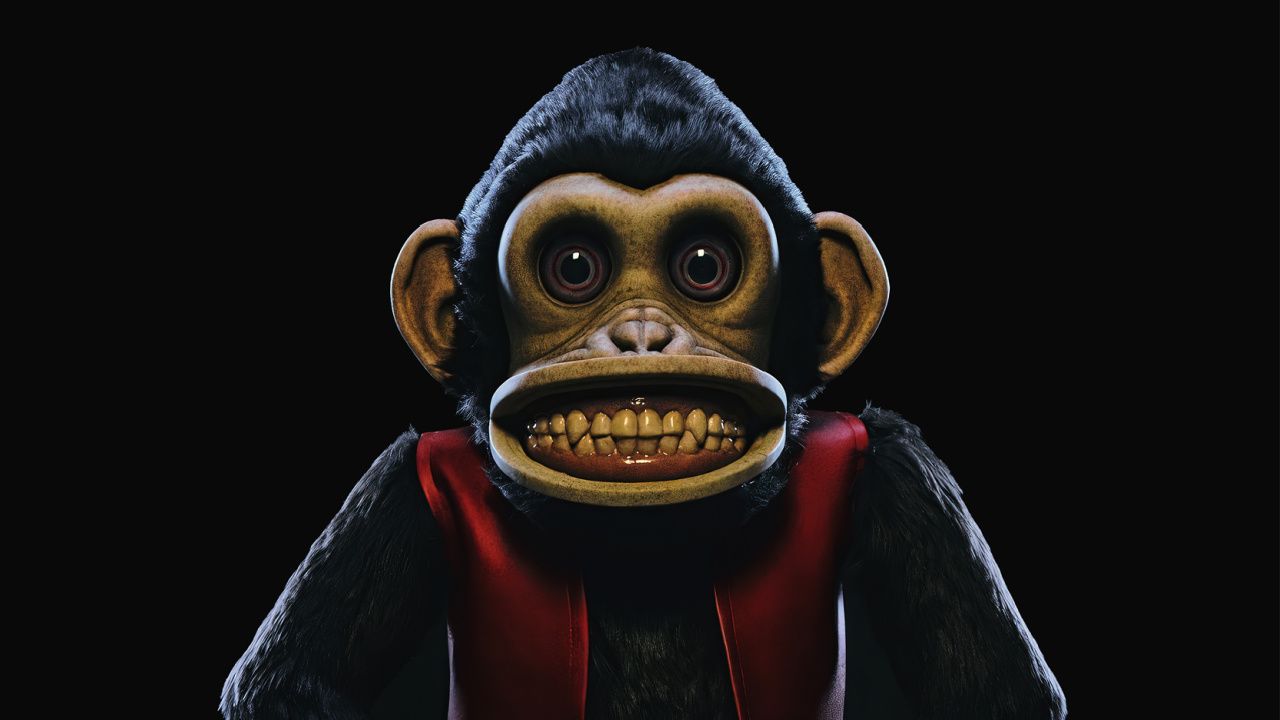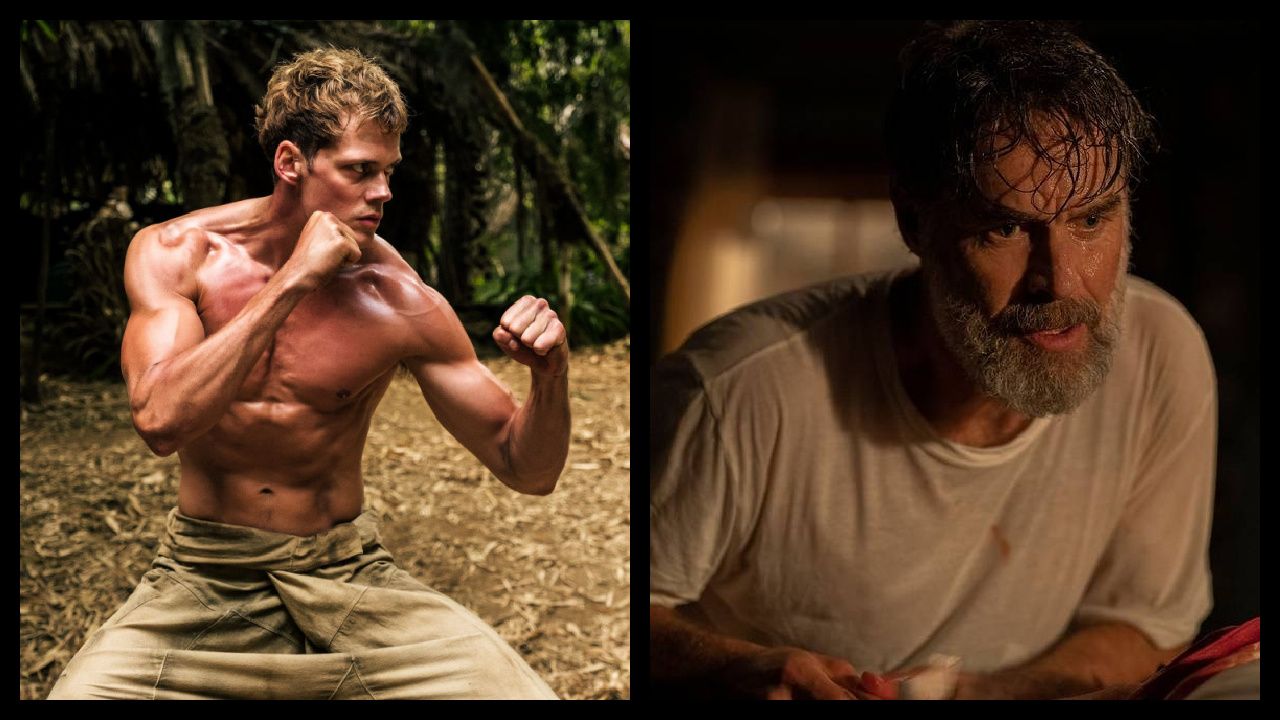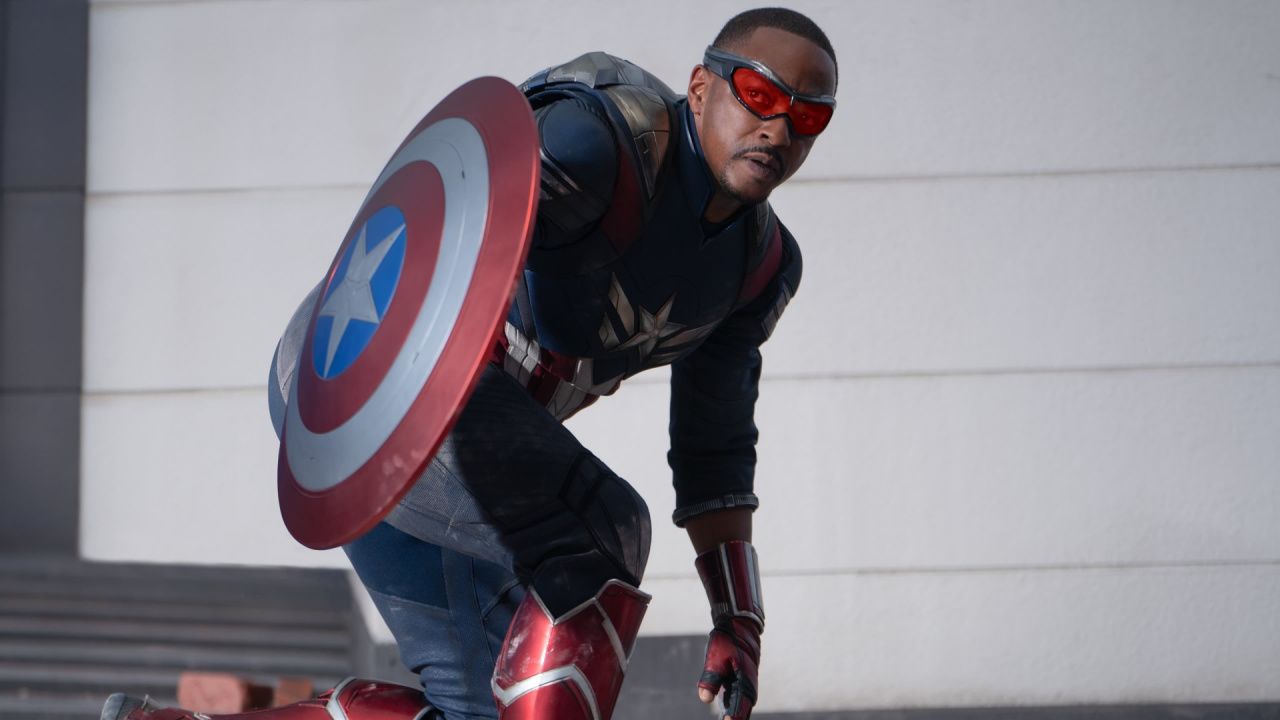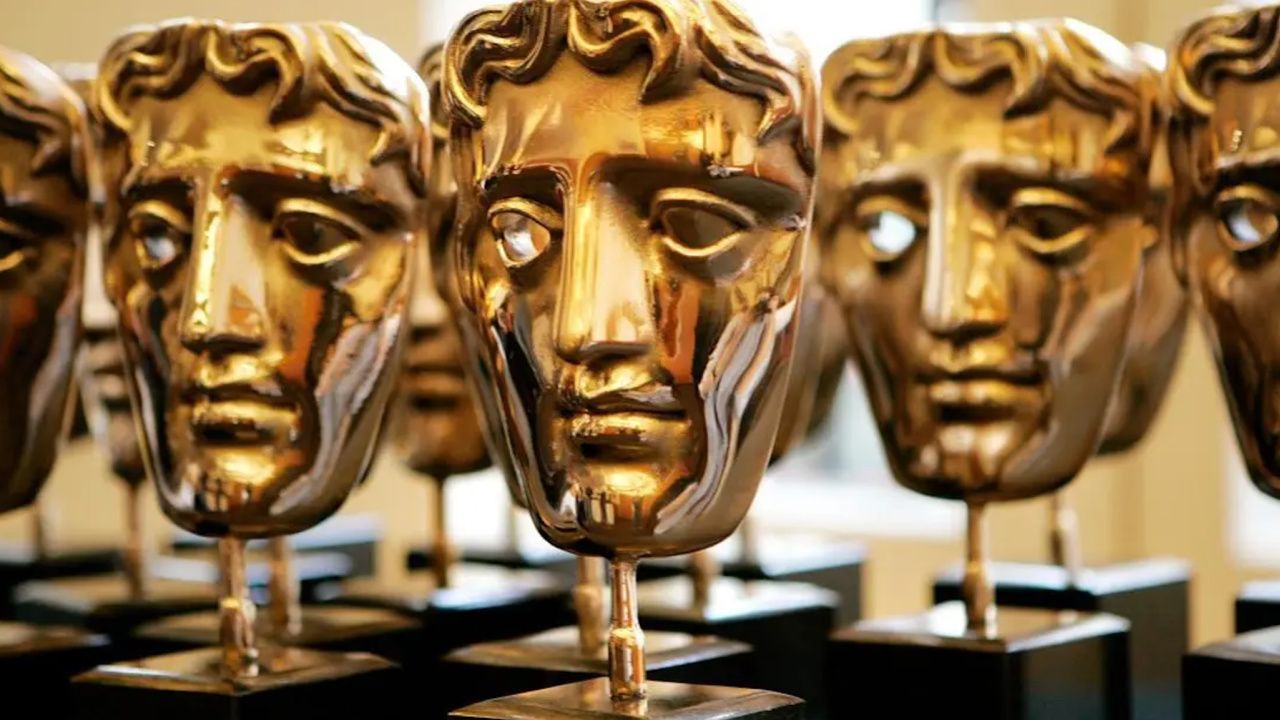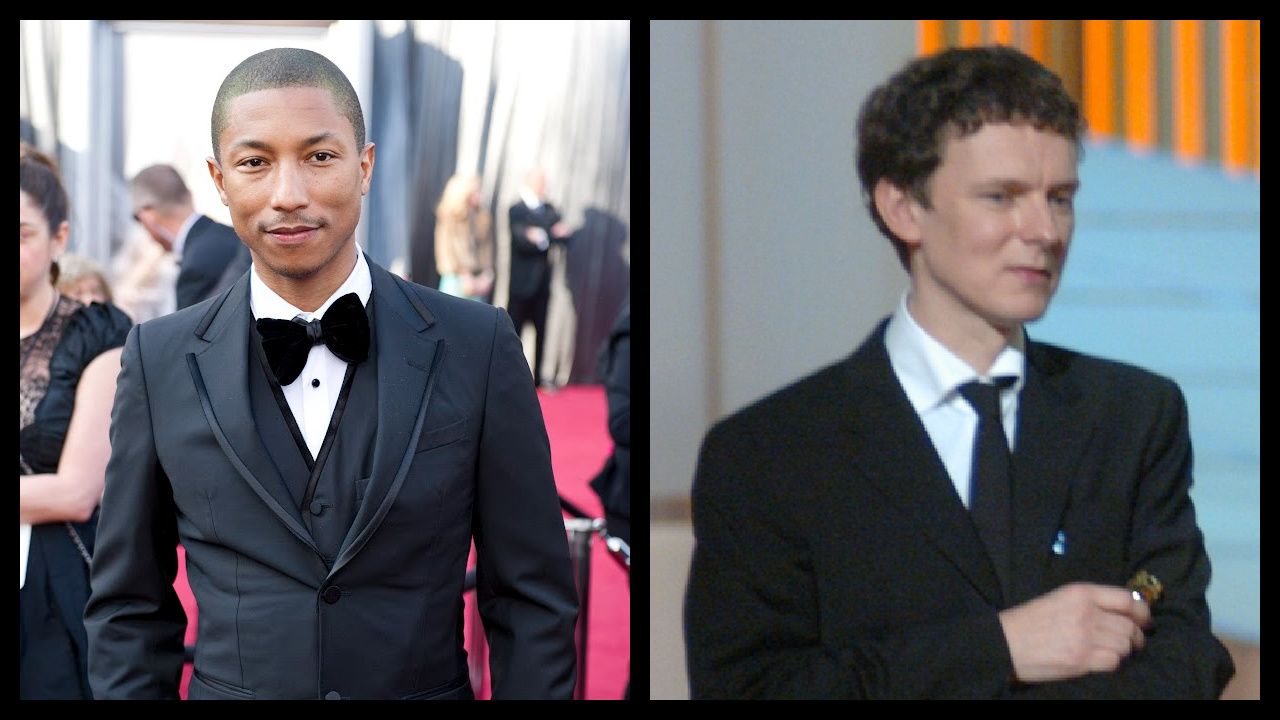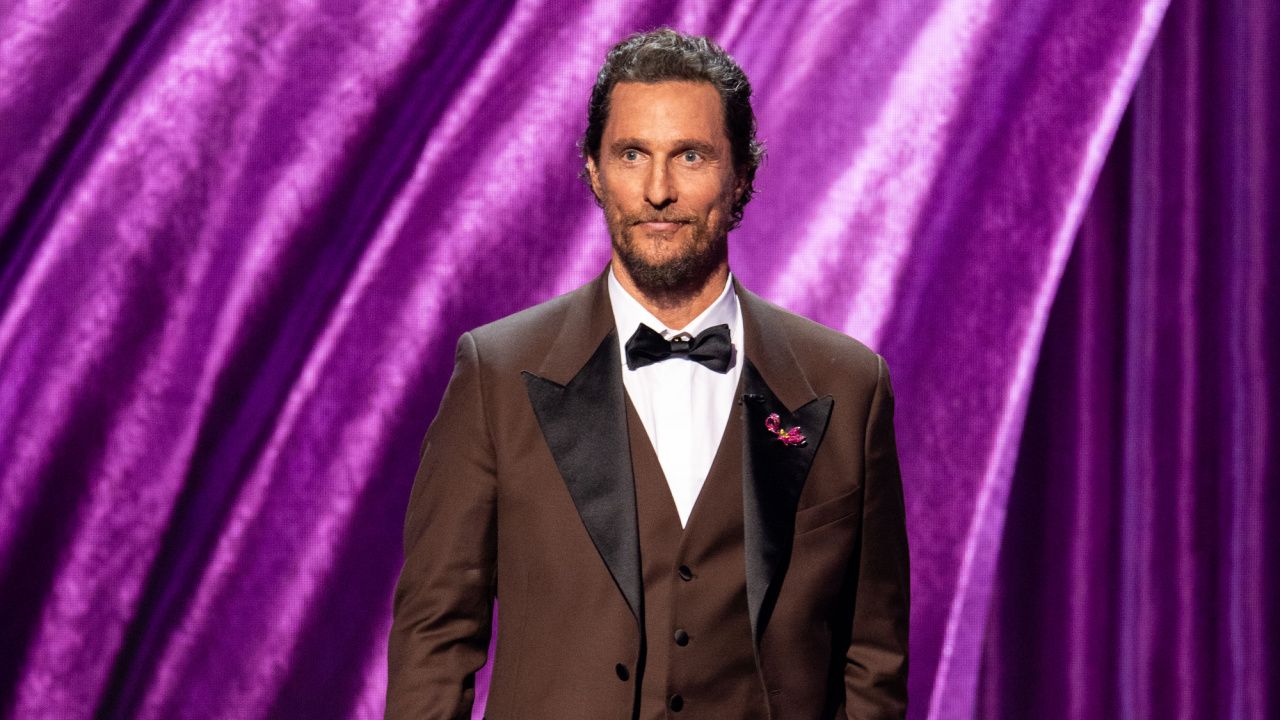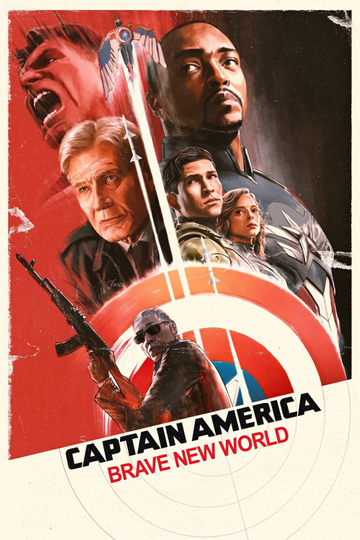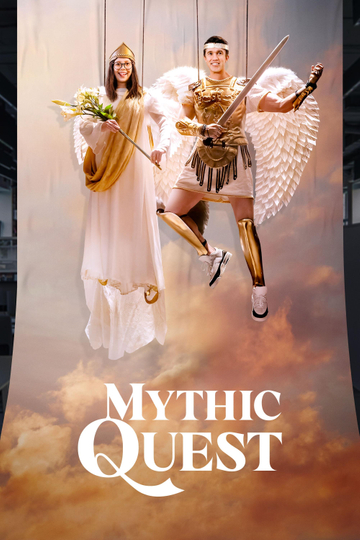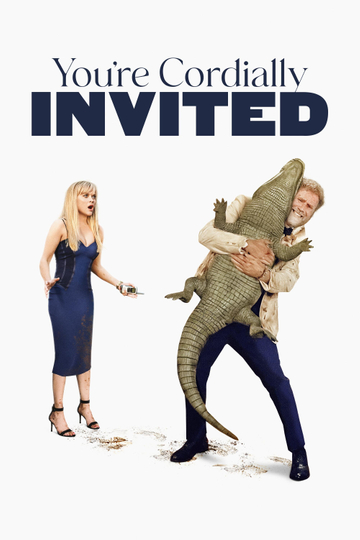'American Animals' Director Bart Layton on His Film's Success and What His New Movie Is About
With "American Animals," director Bart Layton managed to make it very difficult for Hollywood not to take notice of him as a filmmaker. In "Animals," he deftly handles the movie's clever and unique mix of documentary-style filmmaking and fictional narrative to depict how one of real life's craziest heists actually went down.
Moviefone recently caught up with Layton while the filmmaker was in Ireland to discuss the positive reactions "Animals" has received and working with a cast he says are like a new "Rat Pack." He also teased what he's working on next. (Hint: Get excited.)
Moviefone: "American Animals," as an indie, made a considerable name for itself despite being released into a marketplace crowded with summer blockbusters. Were you surprised at all by the overwhelmingly positive reaction the movie has received? With how people reacted to the mix of visual storytelling styles here?
Bart Layton: Was I surprised? I suppose I probably would’ve been really disappointed if it hadn’t been well received, because I felt like the script was pretty well formed by the time I went into the actual process of shooting the movie. I felt quite confident in the way it was going -- to work in the way that I hoped it would. But, the thing is, you never know -- something working on paper is obviously different from it working on film, and I’m really pleased.
You know, whenever you set out to do something that feels new -- and I’m not claiming that this is in any way revolutionary or anything -- but I think every time you set out to do something new, you have a much bigger chance of falling flat on your face. At the same time, you have a bigger chance of people feeling excited because you know it’s not something that they’ve seen before. And I suppose I felt kind of confident that audiences were sophisticated enough and are kind of ready for a new iteration of how we present a true story, of how we tell a true story, so it was a bit of an experiment of sorts -- but one that I felt confident was going to work, having played with the form quite a bit in things I’ve done in the past.
Having worked with the real guys behind the actual heist (Spencer, Warren, Eric, and Chas) throughout this entire process, have you noticed a marked change in their -- not necessarily perception or a “coming to terms,” if you will -- but just their overall attitude towards the events? And how things unfolded and sort of the direction it has taken their lives?
It was difficult for them in some ways. The truth is, despite what people might think, they were not desperate to retell the story. It was very devastating for their families. Within their community, it was really something of a shocking story. These privileged young men, with all of these opportunities, doing these unthinkable things. And I think they were very wary of bringing the whole thing back up, and their families having to deal with it. But it helped, weirdly, as being a cathartic effect. There’s a lot in there that they are ashamed of, they always knew that they weren’t going to be made to look like anything other than what they really were, which was misguided, and lost and young, adolescent men who were looking in all the wrong places to try to find an identity.
I think one of the things that’s been a positive is that, they, and the victim herself, B.J. -- having seen the film -- felt that it has allowed her to move forward. She still felt angry, she hadn’t been able to forgive them, and I think now -- having seen the movie -- she’s found it to be a tremendously positive thing, which was something that for me was hugely gratifying. I suspected that she would find it a cathartic process, but I don’t think she expected to see them and to kind of get to understand them a bit better and feel that they, you know, were kind of idiots other than criminals in a way. That they let a bad idea go way too far.
I really love that idea of “idiots versus criminals.” That’s a really good summation of how things unfolded for these guys.
And ultimately, and I don’t know how intellectual you want to get around the themes of the movie, but -- for me -- this was a film about, not just that generation, but the more I speak to young people who are watching the movie, they are relating to it in such a profound way. That idea of trying to figure out what it is that’s going to give you a way in to be special, or a way in which to be interesting, or leave a mark on the world. That is a pressure that I think is undeniably greater than it was when we were kids. And so many of the younger people, and even young journalists, that I’ve spoken to have found the whole story so kind of close to home because they are worrying about whether they’re going to be noteworthy in some way.
You had a really powerful ensemble cast here, with your four main actors. Evan’s a really notable name, same with Blake. Barry’s really coming up, and I thought Jared was phenomenal in his role. Are you looking forward to working with these same guys in the future?
Yeah, I just spent the last couple of days with Barry -- he and I are working on a couple of projects specifically for him to star in that we’re excited about. And to be honest, I would work with all of those guys in a heartbeat, and I’m kind of constantly on the lookout for the right thing. You know, I kind of feel like they’re the next Rat Pack in a way.
Do you plan to explore this world a little bit more? The blending of narratives a little bit in terms of your storytelling? What's next for you?
This was something of an experiment, like an itch that I needed to scratch in terms of playing with the form and just looking at a true story that isn’t a documentary and [one that] isn’t a Hollywood-ized fictionalizing of a true story. That idea that it could, by including elements of nonfiction, bring in the audience and enhance their emotional connection to both the characters and the story. I think because you’re never really allowed to fully go off into a suspension of disbelief. That you’re in movie world and so you kind of watch it a bit more passively, whereas I think -- with this -- you are given more skin in the game. So I feel like that was the experiment, and I feel like it was successful and now I can kind of move on.
The thing that I’m looking at doing next is a work of fiction, and there won’t be nonfictional documentary elements in it, but I will still be looking for a way to make sure that the audience is participating in the story rather than just watching it. That you feel deeply connected to it. It’s not a true story, but it’s also not, as a work of fiction, any more bizarre than either this story or "The Imposter," for example. It’s probably less outlandish.
Can you give us any specifics regarding the plot or story?
I can’t talk about it in great detail yet, but what I would say is -- it’s sort of a darkly comic story, with also kind of a caper, sort of extortion racket at the heart of it. But, more importantly, it’s got a very Trump-ian sort of overtone. It’s about a charlatan who people want to believe is not a charlatan, but is a really terrific person.
That sounds like something I'd be interested in seeing.
Yeah, I think it’s going to be good. It’s sort of -- it kind of fits in somewhere between "Fargo" and "Funny Games."
"American Animals" is now playing in select theaters.

